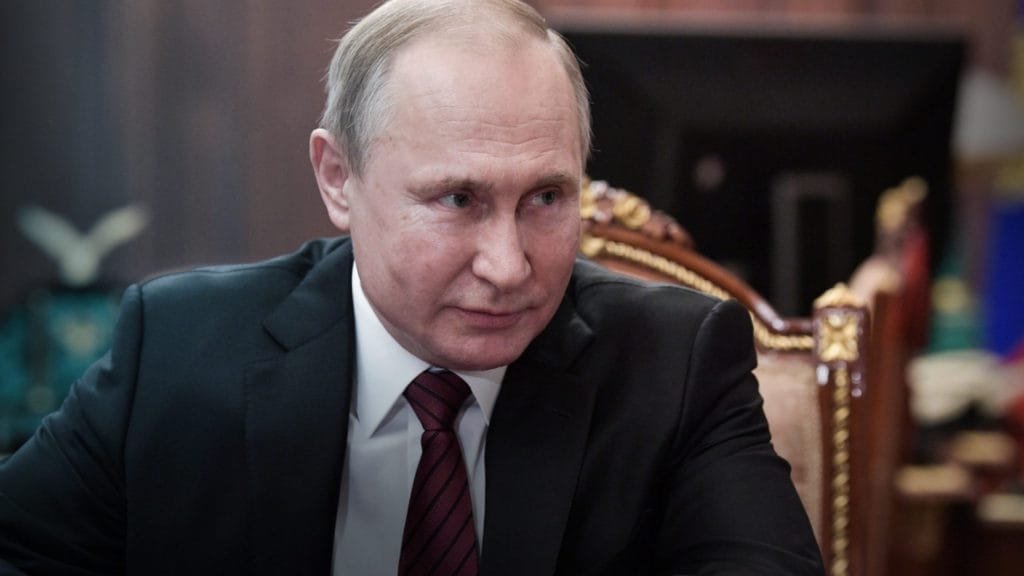Russia is poised to default on its foreign debt for the first time since the Bolshevik Revolution more than a century ago, further alienating the country from the global financial system following sanctions imposed over its war in Ukraine.
A 30-day grace period on interest payments originally due May 27 expired Sunday. But it could take time to confirm a default.
“While there is a possibility that some magic could occur“ and Russia gets the money through financial institutions to bondholders despite sanctions, “nobody’s making that bet,“ said Jay S. Auslander, a top sovereign debt lawyer at the firm of Wilk Auslander in New York. “The overwhelming probability is they won’t be able to because no bank is going to move the money.”
Last month, the U.S. Treasury Department ended Russia’s ability to pay its billions in debt back to international investors through American banks. In response, the Russian Finance Ministry said it would pay dollar-denominated debts in rubles and offer “the opportunity for subsequent conversion into the original currency.” Russia says it has the money to pay its debts but sanctions have frozen its foreign currency reserves held abroad.
Moody’s credit ratings agency said Monday that the missed deadline “constitutes a default” and it predicted that Russia would default on more payments in the future, given a decree on June 22 by the Kremlin that it would service its foreign debt in rubles, rather than the currencies the bonds were issued in.
Russia denied it was in default, saying the payments due Sunday had been made, in dollars and euros, on May 27 and the money was stuck with Euroclear, a clearing house based in Belgium.
Russian Finance Minister Anton Siluanov has said for weeks that any default declaration would be artificial and manufactured by the West, because Russia had made the payment transfers before they were due, and it was up to the bondholders to claim their money.
Politically, any default chaos would play into President Vladimir Putin’s frequent argument at home: that Western sanctions are less about his actions in Ukraine and more about inflicting misery on the Russian people by any means necessary.
The U.S. and Europe, for their part, argue Russia fully controls its financial fate by refusing to stop its war in Ukraine.

Kremlin spokesman Dmitry Peskov told reporters there were “no grounds to call this situation a default”, saying Russia had paid but it could not be processed because of sanctions.
The other side argued that “this happened because of sanctions, but sanctions were fully in [Russia’s] control”, Mr Auslander said.
“All of this was under your control, because all you had to do was not invade Ukraine.”
The last time Russia fell into default vis-a-vis its foreign creditors was more than a century ago, when the Bolsheviks under Vladimir Lenin repudiated the nation’s staggering Czarist-era debt load in 1918.
By some measures it approached a trillion dollars in today’s money, according to Loomis Sayles’ Malik, who is also author of ‘Bankers and Bolsheviks: International Finance and the Russian Revolution.’
By comparison, foreigners held the equivalent of almost $20 billion of Russia’s eurobonds as of the start of April.
We have always emphasized the importance of having a good website for your company because it can act as your best tool for marketing and sales. A poorly designed website can repulse people from your business and can cause you to lose customers before you even have them. Get in touch with HyperEffects to work on creating, enhancing, and making the website of your company more user-friendly.

